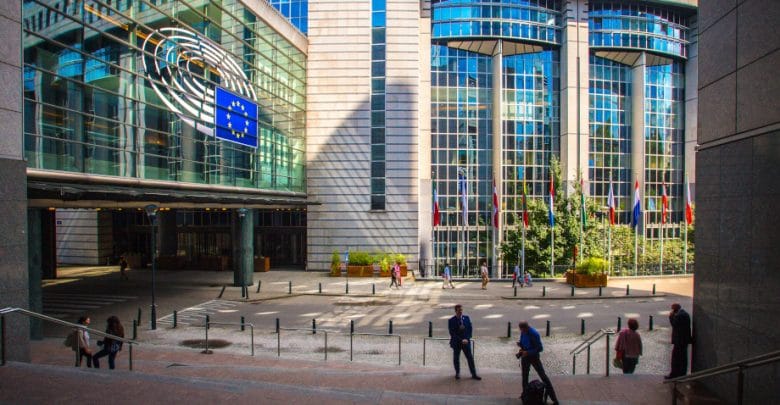
A compromise between the EU member states Germany and France could surprisingly lead to a quick agreement in the ongoing trialogue negotiations on the much-discussed EU copyright reform between the European Parliament of the EU Commission and the Romanian Presidency of the EU Council. The biggest point of contention between the two Member States with the most influence within the EU was an exception clause to regulate the liability of platform operators in the event of infringements by their members and for which an amicable solution could now be found.
The new proposal proposed by the Council’s top management also provides that, according to Article 13, “Providers would be liable for the exchange of online content” of their members if they shared copyrighted works via a platform such as Facebook. The only way to protect yourself as a provider against liability claims by third parties would be to introduce the questionable article with a license that allows sharing of the corresponding content or the so-called “upload filters”, i.e. a database that automatically deletes protected content and thus prevents distribution.
Censorship machine or meaningful protection of authors?
Critics see the introduction of upload filters as a censorship machine, and thus also the compromise reached by Germany and France. As MEPs Julia Reda (pirates) explained, the introduction means that all content shared online must first be approved by an algorithm before it becomes visible. The main problem with this is that the latter is “in principle unable to distinguish between copyright infringements and legal use for parody or criticism”. The introduction of upload filters would thus restrict countless apps and websites and harm both users and operators.
No general Internet monitoring
However, the EU Council Presidency under Romanian leadership does not want to introduce a “general duty” to monitor all data traffic on the Internet. A previous reference to this in the e-commerce Directive has now been removed. However, this will not protect most platforms from using upload filters or from acquiring licences from rights holders, as these means, from the point of view of the legislator, so far comply with the principle of proportionality.
Exception rule for new and small platforms
The only exception will be small and medium-sized enterprises and new platforms which have been on the market for less than three years and whose annual turnover is less than 10 million euro. A general liability shall not apply in this case, upload filters and licenses would therefore not be necessary until the turnover limit or the age is reached, user-generated content infringing foreign copyrights would have to be deleted in case of notices. Also, operators must demonstrate “best efforts” to prevent re-uploads of once deleted works if they exceed a monthly average of five million visitors.
Protection for memes and Co.
Also the often invoked end for memes and other parodies is not to come by the introduction of the EU copyright reform, since the Romanians want to protect these by the right to quote. However, rights holders are still vigorously protesting against this protection of user rights.
Agreement actually expected on 21 January
The trialogue negotiations were originally due to be concluded on 21 January. However, as the Council Presidency was unable to reach agreement between the members at that time, negotiations were restarted. The agreement is now expected in the course of next week.
Axel Voss (CDU), Parliament’s rapporteur, still has doubts about this date, however, as the special arrangement for small platforms would put authors in a worse position and, according to many Members, this is not acceptable.



